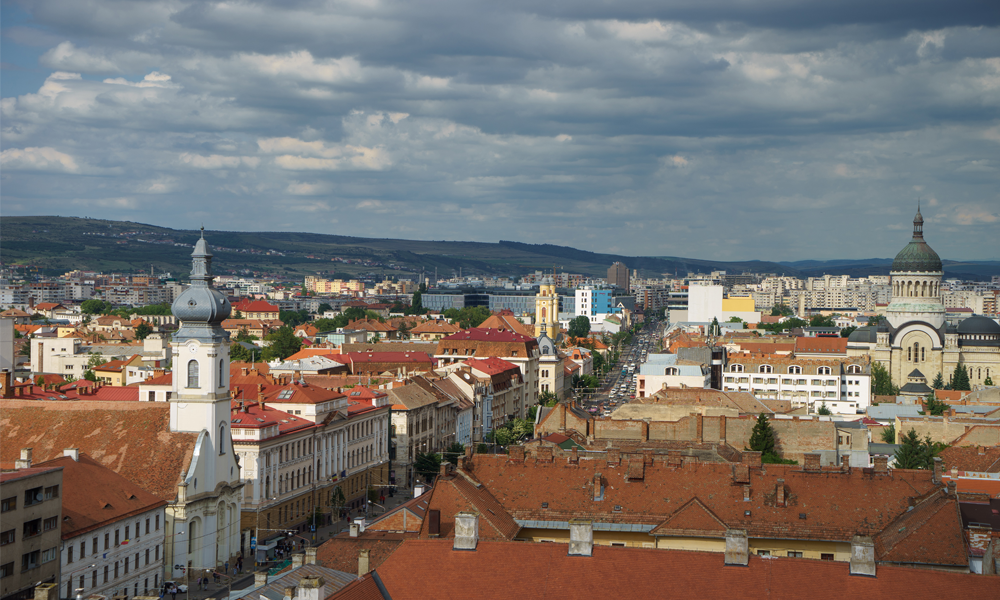Cluj-Napoca's Pilot City Activity: Blueprint for Net-Zero Apartment-block Neighbourhoods

Description of activities
The transition to climate neutrality by 2030 in Cluj-Napoca requires integrated and comprehensive solutions for large-scale housing neighbourhoods. Residential buildings are the largest GHG emitters and also the toughest challenge when it comes to interventions, as they require the engagement of a large number of stakeholders (citizens, civil society groups, local companies, institutions and organisations).
Ensuring the transition of large-scale housing neighbourhoods to climate neutrality requires multi-level interventions:
- Behavioural change and ecosystem instruments for climate neutrality (behavioural, perception and modelling analysis, knowledge and competence ecosystem audit, Civic Imagination & Innovation Center (CIIC) modelling events, Net Zero urban and metropolitan caravans, Net Zero Champions, know-how upgrading packages, framework to enhance building administrators’ knowledge).
- Urban planning toolkits (urban planning principles, masterplan and detailed proposal for pilot areas, Terms of Reference model for the renovation of block of flats) for enhancing Climate Neutral Communities in high density multi-apartment neighbourhoods.
- New local public policy tools (model for updating local urban planning regulations, model for improving the governance of condominiums and their integration in the local climate neutrality ecosystem) to support the transition from high-density multi-apartment neighbourhoods to climate neutral districts.
- Climate Neutrality Digital Twin: our Net Zero City Coalition will undertake these efforts, by simultaneously involving multiple actors, that will activate various levers from different sectors, to address our main barriers: energy-inefficient infrastructure, lack of sociocultural awareness and competencies, improper behaviour in climate neutrality, deficient urban planning and local policies in terms of climate neutrality, insufficient data and lack of a unified collective vision.
Objective
Ready-to-use tools for transforming large-scale housing neighbourhoods into climate neutral districts (e.g. The Climate Neutrality Digital Twin).
Are the pilot activities building upon or part of a previous and/or existing activity?
The municipality had initiated a series of climate neutrality initiatives long before the adoption of the planning documents for 2021-2027 and the selection of the city to become part of the EU Mission for 100 climate-neutral and smart cities by 2030. Among the local flagship programmes already drafted between 2015 and 2020, ”Green Cluj” (almost 200 hectares of new / rehabilitated parks and 100,000 trees planted by 2030), ”Walkable City” (a plan to implement the 15 minute-city concept in every major neighbourhood of the city), the Zonal Urban Plan for the largest smart and green neighbourhood (Sopor) to be built in Romania on 250 hectares, based on a participative approach, or the policy to organise international architecture & design competitions for over 10 major urban renewal projects funded by ERDF are the most important ones.
Which emissions domains will the pilot activities address?
Systemic transformation – levers of change the pilot activities will exploit
Stakeholder types that you would like to engage in the pilot activities
Transferable features of your pilot activities to a Twin City/ies
The transferable features of our Pilot activities that can be used to benefit other Twin cities are focused on toolkits for transforming high-density neighbourhoods into climate neutral districts:
- Governance model: Climate neutrality actions and the implicit pilot activities will not be implemented exclusively by the municipality. Instead, they will be carried out by a Net Zero Local Coalition comprising representatives from the local ecosystem, including the public administration, academia and RDI actors, private sector, NGOs, citizens, and civil society.
- Approach: Interventions will begin with an assessment of the current state through behavioural analysis and ecosystem mapping. Based on the results of this assessment, training packages will be developed to enhance knowledge of climate neutrality. Apart from the training models for the community and the local ecosystem, Cluj-Napoca will also develop urban planning and local public policy solutions (that also include digital technologies), to advance the local and metropolitan ambition in terms of climate neutrality.
All the solutions will have the potential for replication in the localities situated within the metropolitan area.
This answer is not exhaustive and simply an indicative one.
Components of the transferable features
These include the methodologies for:
- Behavioural, perception and modelling analysis of the individual adaptation of residents & businesses to climate neutrality
- Knowledge & competence audit of the local climate neutrality ecosystem
- Civic Imagination & Innovation Center – CIIC, the main participatory governance tool for the municipality that models climate neutrality at neighbourhood level
- Net Zero Caravan, both at urban and metropolitan level
- Net Zero Champ Campaign for climate neutrality managers/champions
- Knowhow and climate neutral skills upgrading package for ecosystem representatives
- Interactive framework to enhance building administrators’ climate neutrality expertise
- Comprehensive master plan model for transforming high density apartment block neighbourhoods into climate neutral districts
- Detailed proposal for transforming neighbourhood pilot areas into climate neutral demo districts
To these are added the governance framework for the Net Zero Coalition and the architecture for the Climate Neutrality Digital Twin.
The transferable components also include: the set of urban planning principles for climate neutral interventions, the ToR model for the climate neutral renovation of block of flats, the model for updating local urban planning regulations/rules to promote climate neutrality in the multi- apartment housing sector, together with the model for improving the governance of condominiums and their integration in the local climate neutrality ecosystem.
In addition to the above components, the project will also formulate a series of guidelines. These guidelines will enable Twin Cities, as well as other cities, to replicate the solutions developed within the pilot activities:
- Guide for conducting analysis on the individual adaptation to climate neutrality of citizens and businesses from high density multi-apartment neighbourhoods
- Guide for the knowledge and competence assessment of neighbourhood climate neutrality ecosystem
- Guide for applying civic imagination and innovation, respectively participatory budgeting tools for climate-neutral neighbourhoods
- Guide for citizen activation and engagement in the transition process to climate neutrality at neighbourhood level
- Guide for enhancing the capacity of local ecosystems to plan, implement and monitor climate neutral policies at neighbourhood level
This answer is not exhaustive and simply an indicative one.
What does the city want to learn from Twin City/ies?
- How to generate specific data on climate neutrality
- Optimal local governance involving the entire local ecosystem
- How to determine mechanisms for securing private capital to implement climate neutrality solutions, considering the scarcity of dedicated EU funds
This answer is not exhaustive and simply an indicative one.

